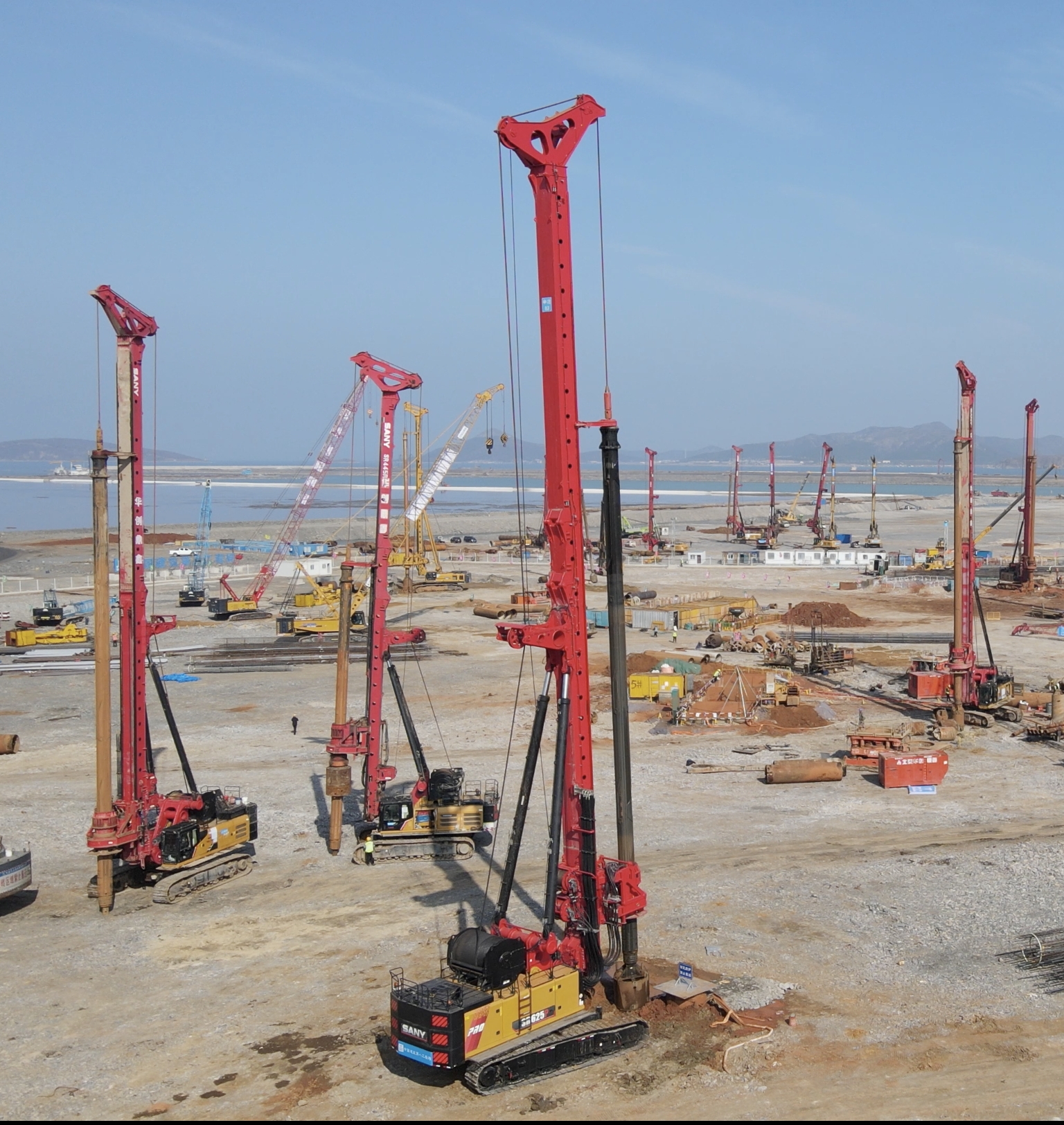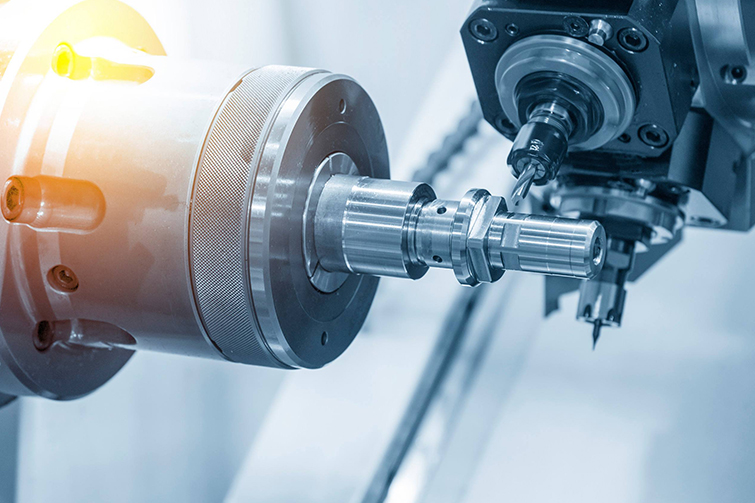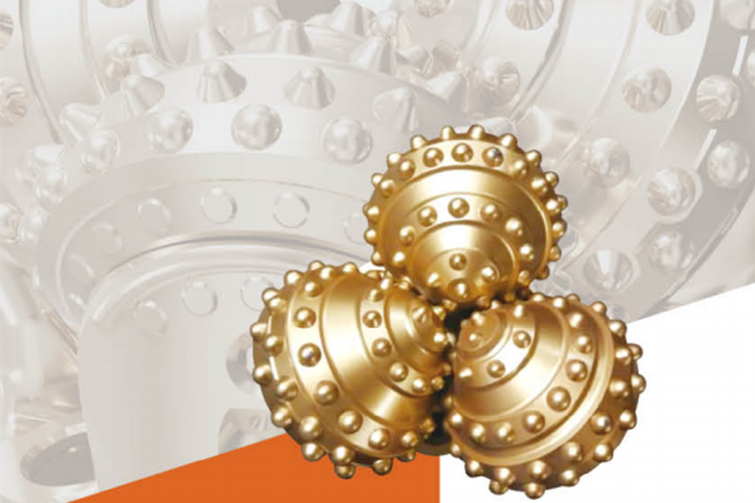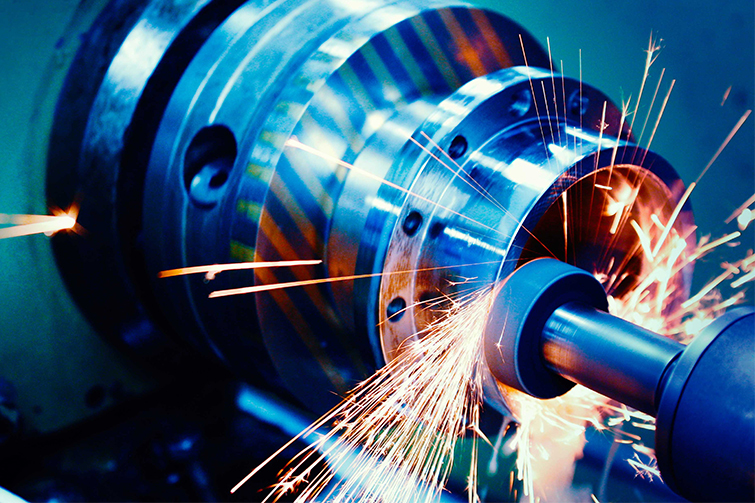

Advancements in Corrosion-Resistant and Rust-Proof Materials: A Technical Report

Introduction to Corrosion-Resistant and Rust-Proof Materials
Corrosion-resistant and rust-proof materials are engineered to withstand the detrimental effects of environmental exposure, significantly extending the lifespan of structures and components. These materials are pivotal in industries such as construction, automotive, and marine, where durability and reliability are paramount.
Mechanisms of Corrosion Resistance
The effectiveness of corrosion-resistant materials lies in their ability to form a passive layer that shields the underlying metal from oxidative reactions. Alloys like stainless steel incorporate chromium, which reacts with oxygen to create a protective oxide layer, preventing further corrosion.
Applications in Industry
From rust-proof coatings on bridges to corrosion-resistant pipelines in the oil and gas sector, these materials are integral to modern infrastructure. Their use not only ensures safety but also reduces maintenance costs over time.
Future Prospects
Research is ongoing to develop even more resilient materials, including nano-coatings and smart materials that can self-heal minor damages, promising a new era in corrosion prevention.
Frequently Asked Questions
What makes a material corrosion-resistant?A material is considered corrosion-resistant if it can withstand environmental factors like moisture, oxygen, and chemicals without degrading. This is often achieved through alloying or applying protective coatings.
How do rust-proof coatings work?Rust-proof coatings act as a barrier, preventing moisture and oxygen from reaching the metal surface. Some coatings also contain inhibitors that chemically neutralize corrosive agents.
Are there environmentally friendly corrosion-resistant materials?Yes, recent advancements have led to the development of eco-friendly coatings and materials that offer corrosion resistance without harmful chemicals, aligning with global sustainability goals.








